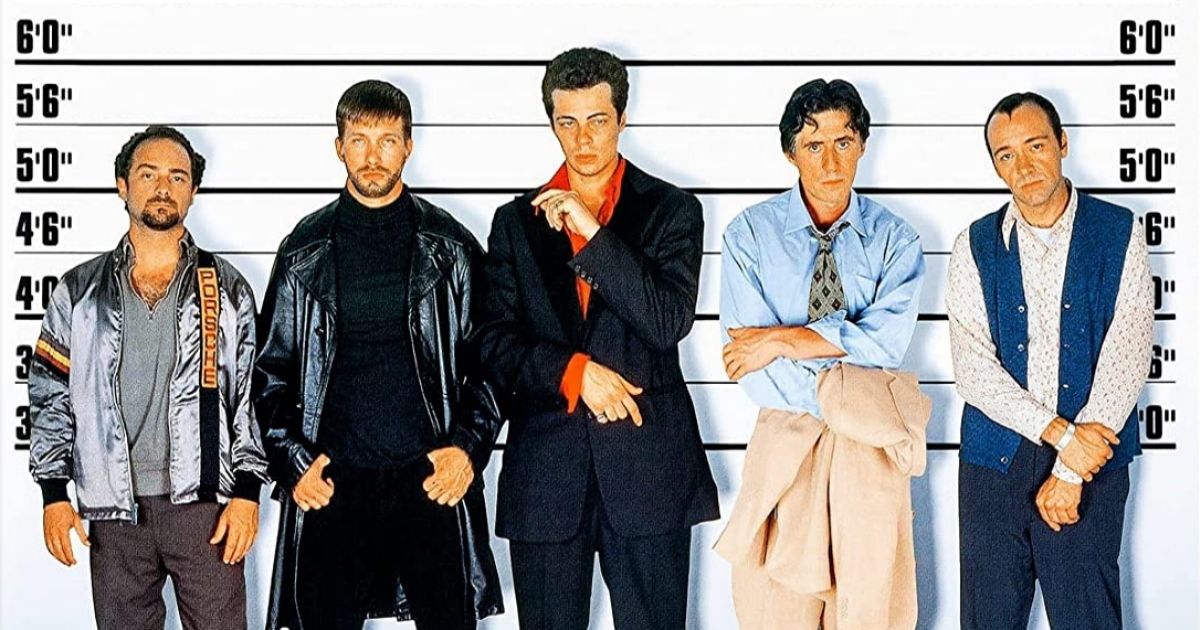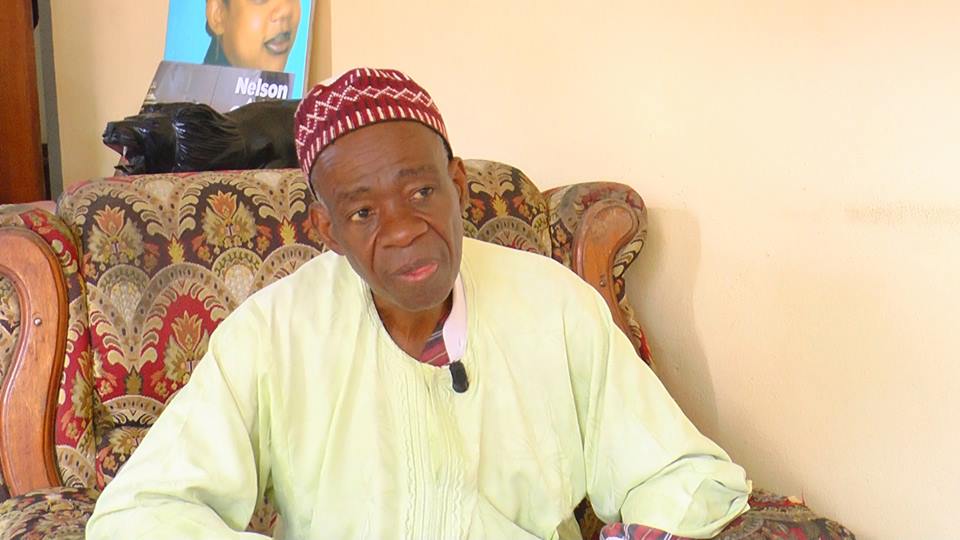Take Action! Resolutions, condemnations will not end Anglophone crisis
The bloody start to 2021 calls for urgency in starting an inclusive peace process by the government of Cameroon and separatists. Hostilities are rising sharply in the Anglophone regions – 2021 has started with renewed bloodbath in Cameroon’s troubled North West and South West Regions. Four major violent incidents between 6 and 10 January are […]

The bloody start to 2021 calls for urgency in starting an inclusive peace process by the government of Cameroon and separatists.
Hostilities are rising sharply in the Anglophone regions – 2021 has started with renewed bloodbath in Cameroon’s troubled North West and South West Regions.
Four major violent incidents between 6 and 10 January are enough signals of what 2021 holds should something not be done now. Mbengwi, Matazem, Ekondo Titi, Mautu among other, mark a deadly entry into 2021.
Mimi Mefo Info is of the opinion that it is time to start an inclusive peace process to end Cameroon’s worsening separatist conflict.
The parties in the Cameroon separatist conflict need international help to start a peace process. If the government/separatists were able to end the dispute, they would have done so.
How many more years do we need to see an end to the Anglophone Crisis?
The government’s strategy to flag down the brutal fighting in the North West and South West regions has been elaborate but far from addressing the root causes. The major pillar of that strategy has been the controversial Major National Dialogue.
The clusters to that dialogue are the Special Status for the two Anglophone regions and regional assemblies that complete the decentralisation process.
One of the respected and apolitical participants in that dialogue, His Grace Andrew Nkea Fuanya, Archbishop of the Catholic Archdiocese of Bamenda, North West Region, confessed that the dialogue has not made any fertile impact in the two regions.
In a discussion on the Cameroon Radio and Television’s Cameroon Calling news magazine programme, Nkea said what the government advertised as a cure-all-remedy to the conflict was miles away from success.
“What we did last year, if the government considers that that was dialogue, then the government does not understand dialogue. And if the boys who were fighting considered that that was dialogue, it means they do not understand dialogue,” he said.
Andrew Nkea Fuanya, Archbishop of the Catholic Archdiocese of Bamenda, North West Region
There is no question that the hard core of the separatist fighters boycotted the Yaounde dialogue, referring to it as a “monologue”.
That may explain why there is still no peace and security in the two regions. No sign of security is at the end of a grim tunnel of blood.
“The crisis could affect Cameroon for the next 50 years. Look at Ethiopia and Eritrea. It took at least forty years of fighting and talking before them concluded. For South Sudan, it was 48 years of fighting and talking before they came to a conclusion. I do not understand what is wrong with Cameroonians. You start a fight, and you want results the next day. Whoever started this war has plunged our country into something that the effects will follow us for at least 50 years,” Archbishop Nkea predicted.
While returning from the installation of the Divisional Officer for Njikwa and Ngie, the convoy of the Momo Senior Divisional Officer was attacked by suspected separatist fighters using a locally made explosive. Five people among whom was the Momo Divisional Delegate of Communication, Becky Jeme, were reported killed in the explosion.
On Sunday, January 10, 2021, soldiers carried out execution-style killing of 10 civilians in Mautu Village in Muyuka.
Last week a truck was burnt in Muea near Buea. The list of insecurity is appalling with no sign of light at the end of the tunnel any time soon.
After the Major National Dialogue, the Archbishop was optimistic it would produce positive results. He led a caravan in the South West region to explain expected results to the grassroots. At a meeting in Buea attended by elite, regional and divisional caravan members, they were instructed to go to the divisions, subdivisions and villages and explain what was discussed during the dialogue to the people.
Archbishop Andrew Nkea urged the delegations to highlight the expectations and fruits that would be harvested from the Major National Dialogue. Government media and CPDM officials reported that members of the caravans that were put in place by Prime Minister Head of Government, Chief Dr. Joseph Dion Ngute, were upbeat that they would convince separatists to understand that it was time to drop weapons and pave the way for peace.
That caravan led by Archbishop Nkea was scheduled to tour the region from November 19 to 21, 2019. A similar team led by Cardinal Christian Tumi was given the same assignment in the North West.
If one year after that Archbishop Nkea is shouting that the fruits of peace have not been harvested, isn’t it time the CPDM government to embrace a new strategy?
Is that right strategy not to address the root causes of the conflict with separatist leaders who are mainly in the Diaspora, rather than insisting on urging the separatists to drop their weapons? Archbishop Nkea, who initially had faith in the Major National Dialogue by participating in it and leading a team in the South West region to explain the anticipated good impact has spoken truth to power. The insecurity will not end any time soon and could take decades, drawing lessons from other African conflicts of identical specificities.
Is the CPDM region willing to drag it that long at a time the country is faced with conflicts in the Far North with Boko Haram and challenges from the MRC to review the electoral law? At The Guardian Post we do not think so and urge the government to concede with honour that all its strategies and measures to end the conflict in the two regions have not been successful.
The parties in the Cameroon separatist conflict need international help to start a peace process. If the government/separatists were able to end the dispute, they would have done so.
On January 1, 2021, the US Senate put out a bipartisan resolution calling on the Government of Cameroon and separatist armed groups from the English-speaking Northwest and Southwest regions to end all violence, respect the human rights of all Cameroonians, and pursue a genuinely inclusive dialogue toward resolving the ongoing civil conflict in Anglophone Cameroon.
The Department of State, Department of the Treasury, and United States Agency for International Development, in coordination with other relevant Federal departments and agencies must urgently consider imposing targeted sanctions on individual government and separatist leaders ‘‘responsible for extrajudicial killings, torture, or other gross violations of internationally recognized human rights’’.
They must press the Government of Cameroon to provide unfettered humanitarian access to vulnerable populations in the Northwest and Southwest regions of Cameroon.
The US should immediately support credible efforts to address the root causes of the conflict and to achieve sustainable peace and reconciliation, possibly involving an independent mediator, and efforts to aid the economic recovery of and fight coronavirus in the Northwest and Southwest regions.
The world must turn its eye on Cameroon before it is too late.
Time for condemnation is over! Take action!
© Mimi Mefo Info Editorial


















